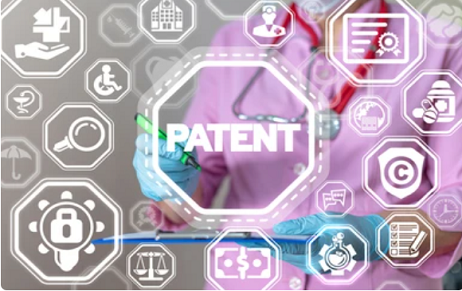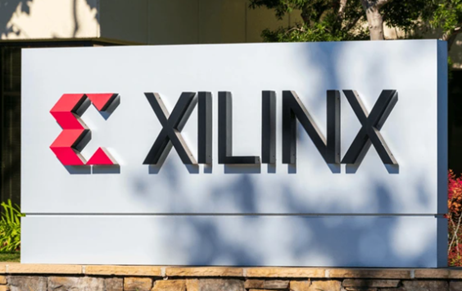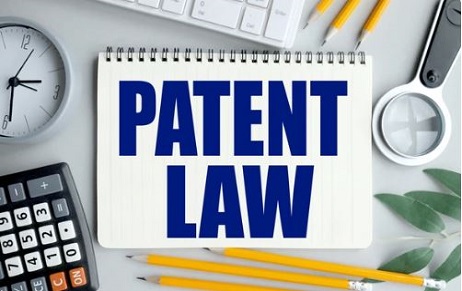Xilinx is a leading technology company focused on innovation and creating and monetizing its Intellectual…
Compulsory Licences and its Importance Worldwide in Patents Regime
HEPATITIS C – VACCINE AND PATENT
Gilead Sciences’ sofosbuvir, a drug for Hepatitis C was approved in 2013 by US Food & Drug Administration was immediately criticized for its high cost as its price is so elevated relative to production cost.23 The average cost of a 12-week treatment of sofosbuvir is $84,000 per patient, despite total production costs ranging from $68 to $136, which shows on how to calculate unimaginable exorbitant prices are charged by pharma companies only milking profits while having utter disregard for the societal benefit. While making profit is evidently a part of any business but such huge profit margins ignores the poor and their lives. In response to such huge price. India was among the first countries to begin production of a generic version of sofosbuvir, and a 12-week course is now available for US$567.
Brazil has negotiated with Gilead Sciences to purchase sofosbuvir, daclastavir and simeprevir
despite being one of Latin America’s smallest countries. A course of sofosbuvir will cost $9,425 for a 12-week treatment period under this agreement. Following this deal, Mercosur Argentina, Brazil, Bolivia, Uruguay, Paraguay, and Venezuela agreed to a 90 percent discount with Gilead Sciences for the purchase of sofosbuvir, daclastavir and simeprevir. Brazil has negotiated with Gilead Sciences to buy sofosbuvir, daclatasvir, and simeprevir, despite being one of Latin America’s smallest countries.25 A course of sofosbuvir will cost $9,425 for a 12-week treatment period in this agreement. After this accord, Mercosur (Argentina, Brazil, Bolivia, Uruguay, Paraguay, and Venezuela) signed a 90 percent discount deal with Gilead Sciences for the purchase of sofosbuvir, daclastavir, and simeprevir.
USE OF COMPULSORY LICENSES FOR HIV THERAPY
Compulsory licences have been used frequently to improve access to pharmaceuticals for communicable diseases including HIV, tuberculosis, and malaria, and have helped in the delivery of life-saving drugs to patients across the globe. In 2001, an Indian company Cipla started to provide HIV/AIDS triple therapy for US$350 per patient per year, drawing international outrage because the patented equivalent cost US$10,000 to US$15,000 per patient. Governments started issuing compulsory licences for this drug as soon as the Cipla generic became available, enabling them to purchase the generic. The Brazilian government granted its first mandatory licence for public non-commercial use of efavirenz, a vital HIV anti-retrovial, after negotiations with the patent holder failed.
COMPULSORY LICENSING DURING THE TIME OF COVID-19
As part of their COVID-19 response, several countries have already publicly discussed mandatory licensing. On March 24, 2020, Israel granted a mandatory licence for the portation of generic versions of lopinavir/ritonavir (AbbVie’s Kaletra). According to the Israeli Ministry of Health, the antiretroviral medication might be used to treat COVID-19 patients. Unlike Thailand and Brazil, Israel refused to grant the licence owing to the high cost of the drug. Instead, Israel issued the compulsory licence and turned to generic alternatives from India because AbbVie could not provide sufficient amounts of lopinavir/ritonavir. In view of the current pandemic, AbbVie has announced that it will not enforce its patent.
To use mandatory licensing for COVID-19-related purposes, a country’s national legislation must have mechanisms in place to allow such government action. As part of their COVID-19 reaction, some countries have already taken legislative measures to ensure that their governments can issue compulsory licences forthwith.

One of the biggest conflicts in today’s healthcare system is between patients and patents. Though India has enacted less compulsory licence than any other country, the number of compulsory licences given around the world is increasing. Compulsory licences are supported by undeveloped and developing countries, while they are opposed by wealthy countries and
large drug companies. The basic reason big drug corporations are against compulsory licences because developing pharmaceuticals costs a lot of money and time, and even then, there’s no guarantee of success. Mandatory licencing is a significant public health policy that can help alleviate shortages of essential drugs and lower unacceptably high prescription prices. When a COVID-19 treatment is introduced to the market, countries may face both challenges. While patent protection is essential to promote further innovation, the compulsory licence exemption is not. exists to deal with public health situations like the ongoing COVID-19 outbreak.
The introduction of generic copies of drugs into the market via CL is one strategy to lower health-care expenses. The important thing is that the process has begun, not how long it will last take to remedy the pharmaceutical industry’s unfair pricing. There is evidence that drug pricing are often unfair. Most prices are above the affordability and value for money standards, and aren’t justified by R&D costs. That kind of price isn’t necessary to bring desired technologies to market; it only reflects manufacturers maximizing profits by leveraging their market position.
While it is tempting to blame the outcomes only on industry, governments must take steps to prevent unjust pricing, access restrictions, and distortions in innovation incentives.
Author: Kaustubh Kumar, in case of any queries please contact/write back to us via email to chhavi@khuranaandkhurana.com or at IIPRD.
REFERENCES
- Beall R, Kuhn R. Trends in compulsory licensing of pharmaceuticals since the Doha Declaration: A database analysis. PLoS Med.
- Wei L, Lok ASF. Impact of new hepatitis C treatments in different regions of the world. Gastroenterology.
- Brazil Ministry of Health Compra conjunta de medicamentos gera economia de até 83 http://www.brasil.gov.br/saude/2015/11/compra-conjunta-de-medicamentos-gera-economia-de-ate-83.
- IMS Consulting Group Securing IP and access to medicine: Is oncology the next HIV? An IMS Consulting Group White Paper on compulsory licensing and other risks to intellectual property rights in oncology. https://www.imshealth.com/files/web/Global/Services/Services%20TL/IMSCG_Compulsory_Licensing.pdf.
- Ooms G, Forman L, Williams OD, et al. Could International compulsory licensing reconcile tiered pricing of pharmaceuticals with the right to health?, BMC Int. Health Hum Rights
- Stirner B, Thangaraj H., Learning from practice: Compulsory licensing cases and access to medicines. Pharm Pat Anal. 2013.
- Luo J, Oliveira MA, Ramos MBC, et al. Antiretroviral drug expenditure, pricing and judicial demand: An analysis of federal procurement data in Brazil from 2004-2011. BMC Public Health. 2014
- Kass D. Israel Defies AbbVie IP To Import Generic Drugs For COVID-19. Available: https://www.law360.com/articles/1255079?scroll=1&related=1.
- Proyecto de Resolución N° 896, Resolution for Involuntary Licensing of Patents Relating to Coronavirus, Cámara de Diputadas y Diputados, Chamber of Deputies.
- Resolution for Compulsory Licensing of Patents Relating to Coronavirus, Comisión Especializada Permanente de Educación, Cultura y Ciencia y Tecnología de la Asamblea Nacional, Education, Culture, Science and Technology Commission of the National Assembly



